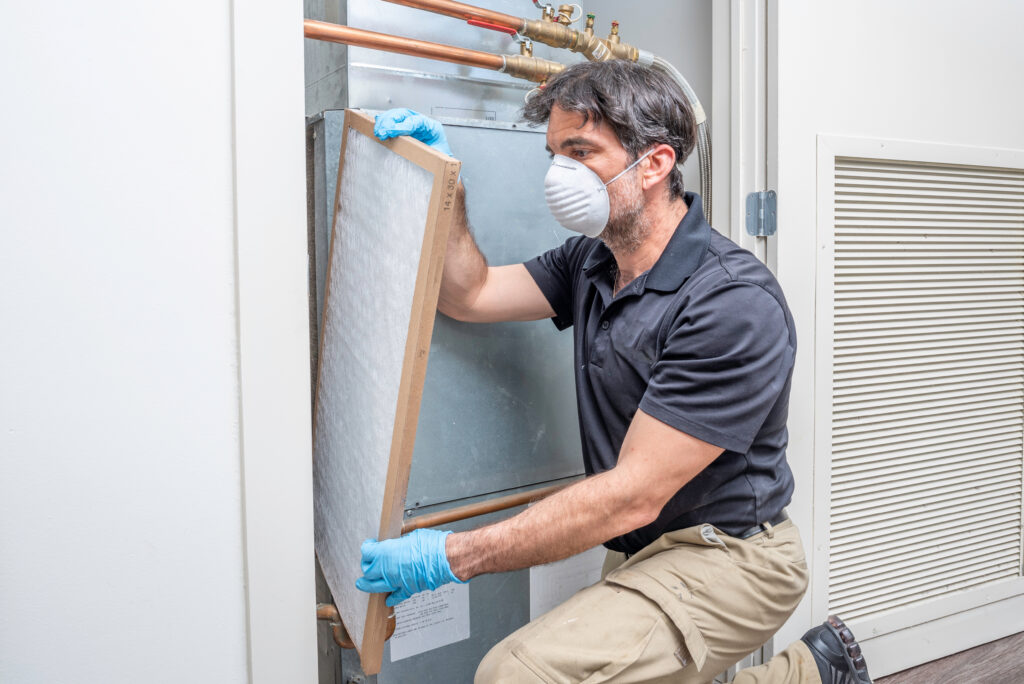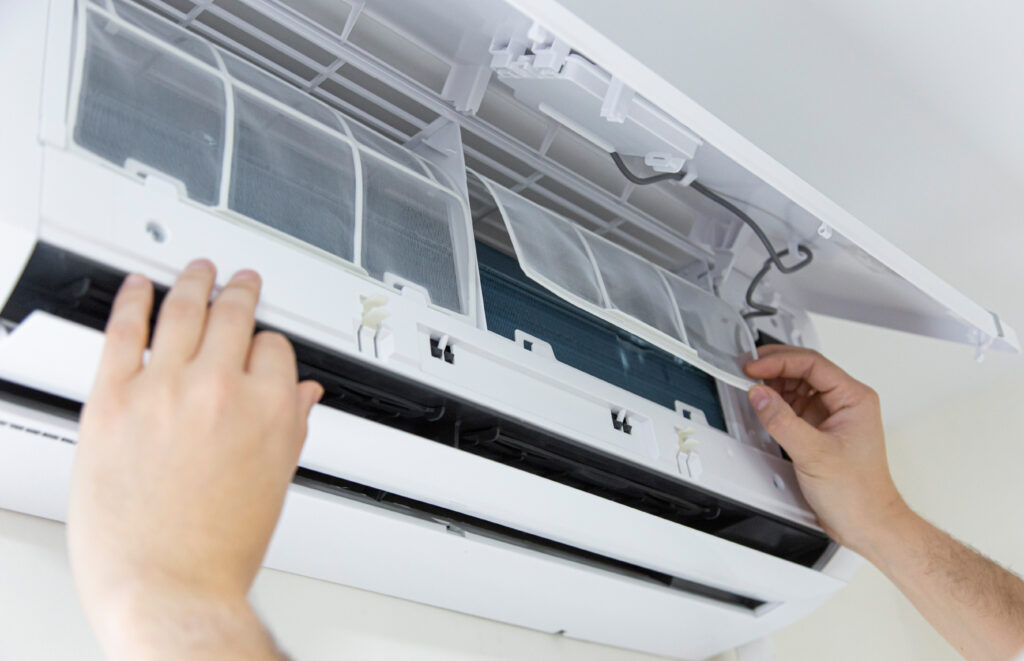Manufacturers and technicians recommend that you schedule a regular seasonal tune-up for your heating, ventilation, and air conditioning (HVAC) unit or system. This can be done annually or bi-annually, depending on your case. However, the unit’s air filters need much more frequent check-ups. The reason is that it might be the most critical part of the unit that’s vital to the air quality in your home.
While HVAC technicians may change air filters during a tune-up session, it’s your responsibility to monitor dust and dirt buildup throughout the rest of the time. Lucky for you it’s not a complicated process. Thus, you can replace the air filters by yourself whenever necessary.
Most HVAC experts recommend changing your unit’s air filters every three months. But this is only a basic guide – it doesn’t factor in various determinants in and around your home.
Luckily, the factors mentioned below can determine how often you should replace the air filters in your residence’s HVAC. Keep on reading to learn more.
1. The Air Quality In And Around Your Home
If there’s a construction site in your location or nearby, chances are high that there’s a significant amount of dust in the air. Your HVAC unit filters this out so your household can get quality air. Air filters trap the dust as the air flows through them. Thus, they may clog within a shorter period. You would, therefore, need to replace them before three months are over.
Additionally, you may occasionally have minor renovations in the house. This can increase the amount of dirt in the air. Thus, the air filters will also clog more quickly.
Furthermore, the number of household members can also affect the amount of dust and dirt the HVAC unit sucks up. A large household will generally result in more dirt and dust in the air.
How frequently you use the HVAC unit is also essential. For instance, a home you occasionally use for vacation would run the HVAC less often. Thus, your air filters wouldn’t require frequent changing due to less traffic.
It’s vital to know the air condition in and around your home. This would help determine whether the air filters can last the recommended three-month period. If the conditions increase dust and dirt, you need to monitor the air filters regularly and replace them monthly or every two months.
2. Pets And Children
These two household members can significantly affect how frequently you should replace your air filters. For instance, pets’ hair increases the chances of the air filters clogging faster. Thus, you might need to change them every two months or less. The number of pets will determine the duration between replacements. The higher the number of pets, the shorter the replacement duration.
If you have kids, on the other hand, it’d be best to ensure the air quality in your home is high-quality at all times. The reason is that poor air quality affects kids more quickly than adults. Dust and dirt that cog in the vents can lead to allergic reactions. Plus, clogged air filters can lead to mold and mildew growth. This can cause health problems for the young ones.
Further, children generally have various play activities around the home. These activities can kick up more dust and dirt than usual. Therefore, you would want to look at replacing your air filters more often.
3. Health Conditions Of Your Household Members
If some members of your household have such health conditions as asthma or allergies, they can be sensitive to changes in indoor air quality. Henceforth, checking and replacing your air filters more frequently is highly recommended and encouraged.
4. The Type And Rating Of Your Air Filters

Different air filters have varying quality levels under the minimum efficiency reporting value (MERV) rating. Air filters rated higher can last up to the recommended three months. Yet it’s important to note that a higher MERV rating means a higher cost. Some older HVAC units may also not support higher MERV rating air filters. As a result, you may need to check with your local HVAC expert what rating your unit can support.
In addition, air filters come in various designs. Each type of air filter has its approximate lifespan and operates differently – you may need to change one type more often than others. For example, if you use fiberglass air filters, you may need frequent replacement. This can be as frequent as monthly. Nonetheless, a higher quality type like the electrostatic or pleated ones can last longer, usually more than three months.
Even though other conditions might be in play, the type and rating of your air filters can shorten or prolong how often you need to replace them.
Conclusion
Keeping your AC’s air filters clean is a must. Yet to know when to replace your HVAC’s air filters, you can follow the air filter manufacturer’s instructions. You can also check with your local HVAC expert. The factors mentioned above, however, can make for a different tact; it’s crucial to put them in mind when considering how often you should replace your air filters.

